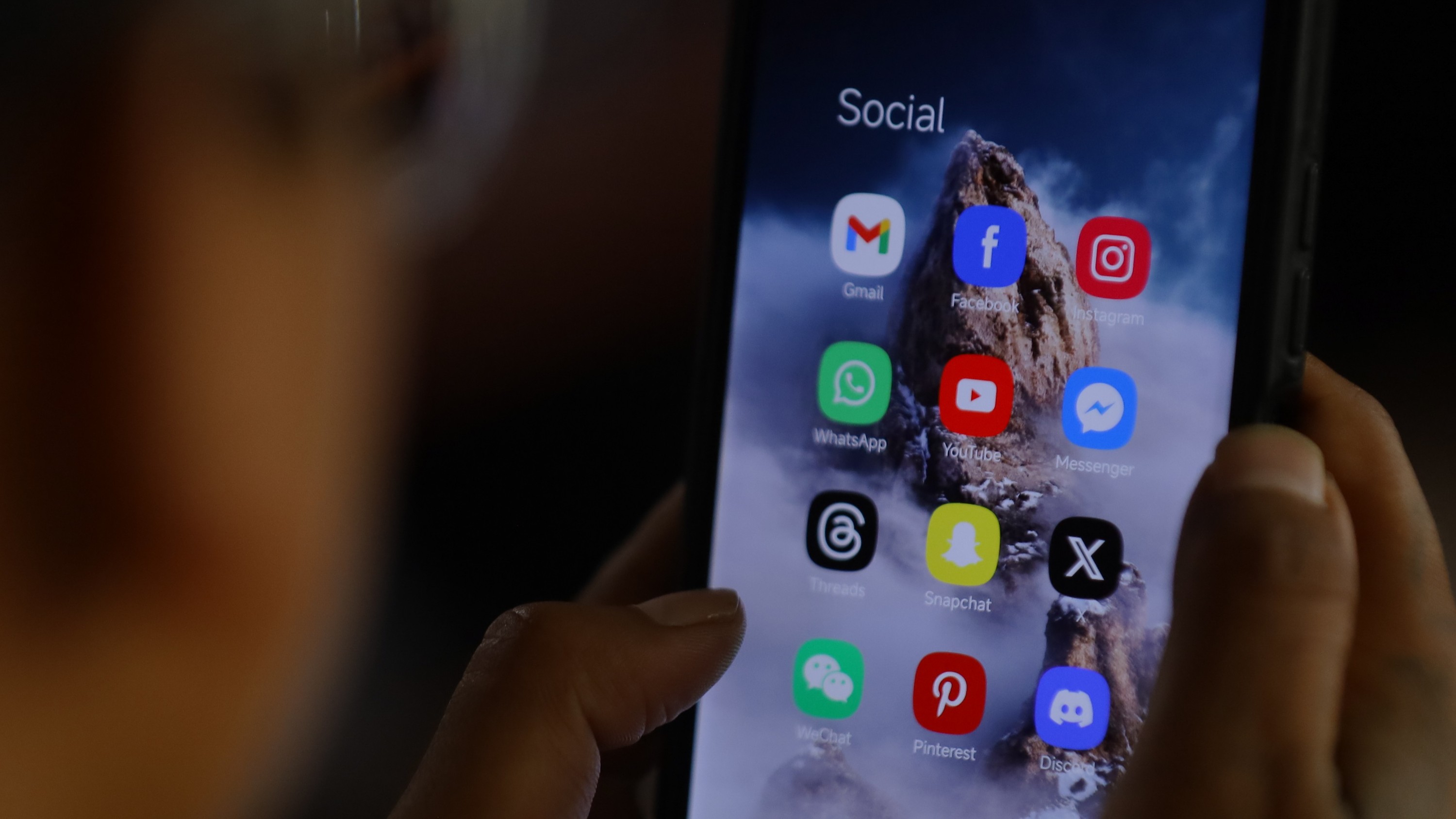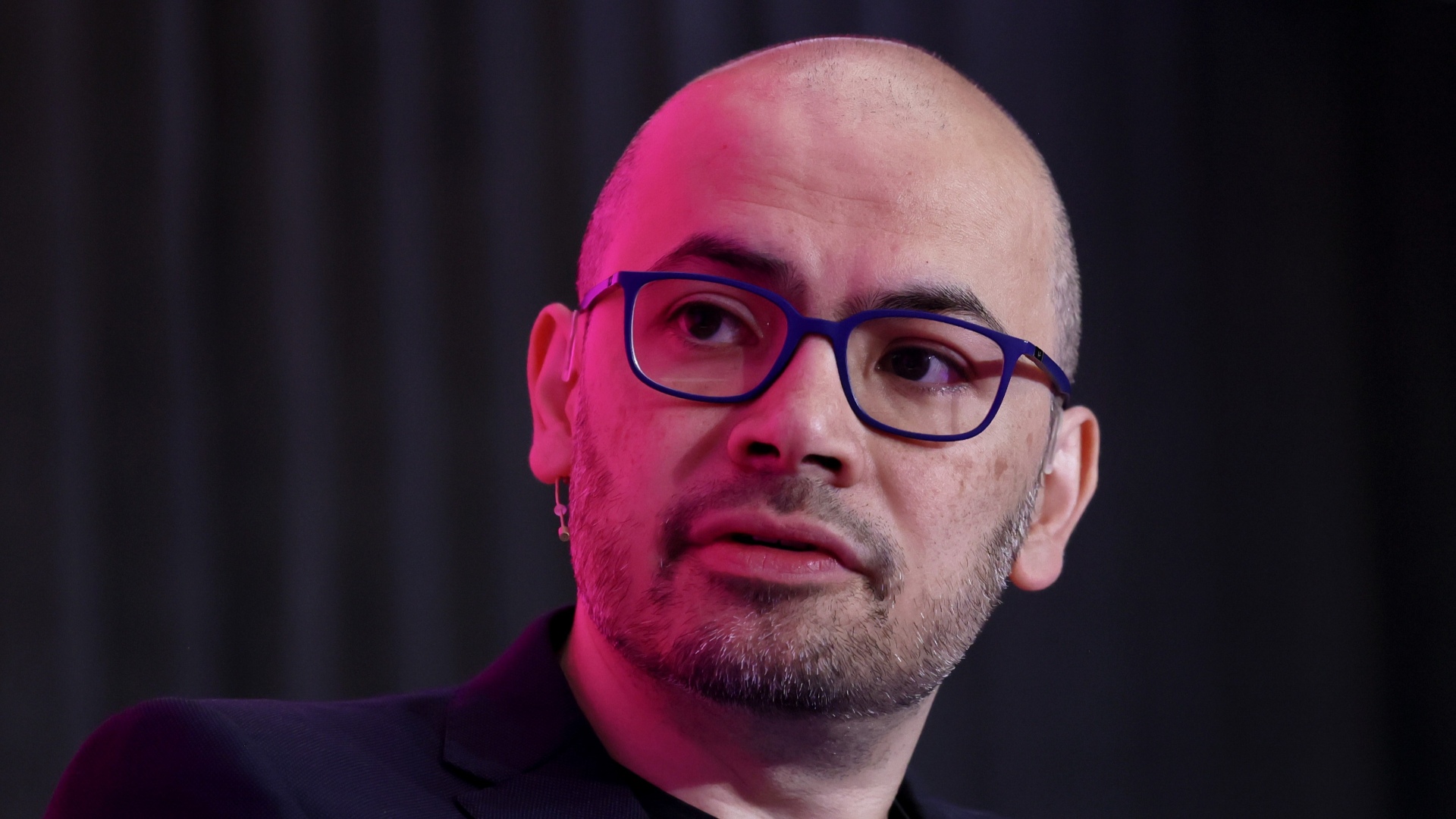Google DeepMind's CEO says AI could repeat the toxic pitfalls of social media — will it make the same click-chasing mistakes?
Demis Hassabis warns that future artificial intelligence models could replicate social media's addictive and divisive patterns.

All the latest news, reviews, and guides for Windows and Xbox diehards.
You are now subscribed
Your newsletter sign-up was successful
Demis Hassabis, CEO of Google DeepMind, has warned that artificial intelligence could repeat the same mistakes as social media (via Business Insider). He believes we’re around five to ten years away from reaching Artificial General Intelligence (AGI), which is AI on par with human intelligence. While today’s AI systems might seem close to that level, Hassabis says we’re not there yet.
He pointed to how platforms like X (formerly Twitter), Instagram, and Facebook have fostered addiction and division. Hassabis warned that AI could create the same issues, only on a much larger scale.
Social media uses something called a variable ratio reinforcement schedule. It’s the same psychological mechanism used by slot machines. This creates intermittent rewards through unpredictable likes, comments, and shares, which research has shown to be a highly addictive form of behavioral conditioning.
Frequent social media use can also hijack the brain’s dopamine pathways. These pathways are central to reward processing, and disrupting them can create dependency in the same way substance addiction does.
This effect is especially strong with short-form content, but it’s also present on endless scrolling feeds like X and Facebook. These platforms create a cycle of desire, seeking, and anticipating rewards such as likes and comments, which reinforces the behavior and keeps people coming back.
Research has found that spending more than two hours a day scrolling on social media can reduce prefrontal impulse control by 35%. That part of the brain manages immediate urges and habitual responses, so lower control makes it even harder to stop using these platforms.
A large-scale analysis of over 100 million posts across Facebook, X, and Reddit found that users tend to form homophilic clusters. In other words, they mostly interact with like-minded people. This creates echo chambers that amplify confirmation bias and fuel the group polarization effect, which pushes groups toward more extreme views.
All the latest news, reviews, and guides for Windows and Xbox diehards.
There’s also the engagement trap, where inflammatory content spreads faster because it triggers strong emotions. Studies show that posts designed to provoke anger or outrage are the most likely to go viral. Since the algorithms behind these platforms are built to maximize engagement, they often end up favoring negative or inflammatory content.
Demis Hassabi’s stark warnings
Demis Hassabis warns that AI risks repeating the same mistakes seen on social media, creating toxic patterns of division, addiction, and manipulation. He criticised Silicon Valley’s “move fast and break things” mentality, which prioritises rushing products to market without considering their long-term societal consequences. He called on companies to take greater responsibility for the impact of their technology.
Hassabis also highlighted how algorithms designed to maximise engagement can produce harmful outcomes. These systems grab attention without necessarily benefiting the individual user. He stressed that AI should be built as a tool to help people, not to manipulate or control them.
He believes there must be rigorous scientific testing and understanding of AI systems before they are deployed at scale. Many would agree, myself included, especially after cases like the reported incident where ChatGPT allegedly encouraged someone to commit suicide, which has since led to a lawsuit.
It’s reassuring to see someone high up at Google expressing these concerns, and he does warn of a lot more. But it gives me hope that we might avoid a future where AI dominates every part of our lives. For now, all we can do is wait as Microsoft continues striking billion-dollar deals and weaving AI deeper into its employees’ workflows.

Follow Windows Central on Google News to keep our latest news, insights, and features at the top of your feeds!

Adam is a Psychology Master’s graduate passionate about gaming, community building, and digital engagement. A lifelong Xbox fan since 2001, he started with Halo: Combat Evolved and remains an avid achievement hunter. Over the years, he has engaged with several Discord communities, helping them get established and grow. Gaming has always been more than a hobby for Adam—it’s where he’s met many friends, taken on new challenges, and connected with communities that share his passion.
You must confirm your public display name before commenting
Please logout and then login again, you will then be prompted to enter your display name.


